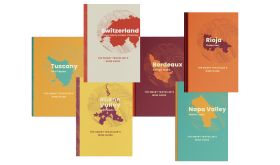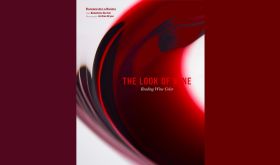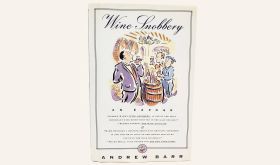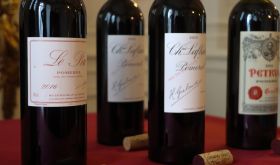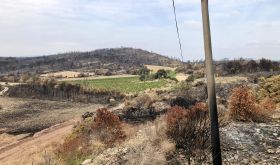30 October 2020 Tales from three very different wine writers.
The Story of Wine
From Noah to now
Hugh Johnson
Académie du Vin Library
ISBN 9781913141066
£30
In the mid eighties, Hugh Johnson managed to persuade producer Michael Gill and Channel 4 to let him make a TV series on the history of wine from its birth to the (then) current craze of Beaujolais Nouveau. He employed a young Cambridge history graduate to assist him with the research and...



